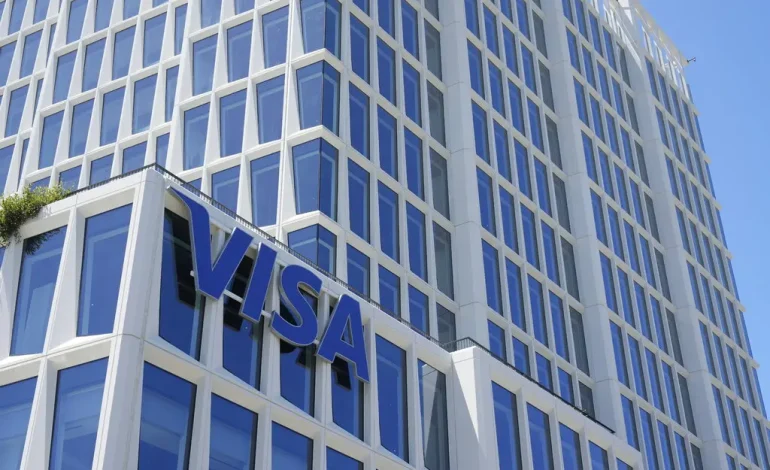The US Department of Justice (DOJ) has filed an antitrust lawsuit against Visa, accusing the company of maintaining a monopoly in the debit card market, which has allegedly led to billions of dollars in excessive fees for American consumers and businesses.
The lawsuit claims Visa’s dominant position in processing more than 60% of US debit transactions allows it to impose over $7 billion in fees annually, costs that are passed on to consumers through higher prices.
The DOJ alleges Visa has stifled competition by penalizing merchants and banks that attempt to route transactions through competing payment systems, limiting consumer choice and slowing innovation in the debit payments space.
“Visa’s unlawful conduct affects not just the price of one thing, but the price of nearly everything,” said Attorney General Merrick Garland in a statement.
Visa has denied the allegations, calling the lawsuit “meritless.” Julie Rottenberg, Visa’s General Counsel, argued the company provides a secure and reliable network, world-class fraud protection, and significant value to businesses and consumers.
This lawsuit follows the DOJ’s ongoing efforts under the Biden administration to curb monopolistic behavior, with previous antitrust actions taken against companies like Google and Ticketmaster. The DOJ had previously blocked Visa’s attempt to acquire fintech company Plaid in 2020, citing similar concerns over reduced competition.
Legal experts suggest that a DOJ victory could lead to more competition in the debit card market, potentially lowering prices for consumers. However, the impact on individual consumers may be minimal in the short term, with any cost savings likely to accumulate across millions of transactions.
New York Post, the New York Times, and USA Today contributed to this report.









